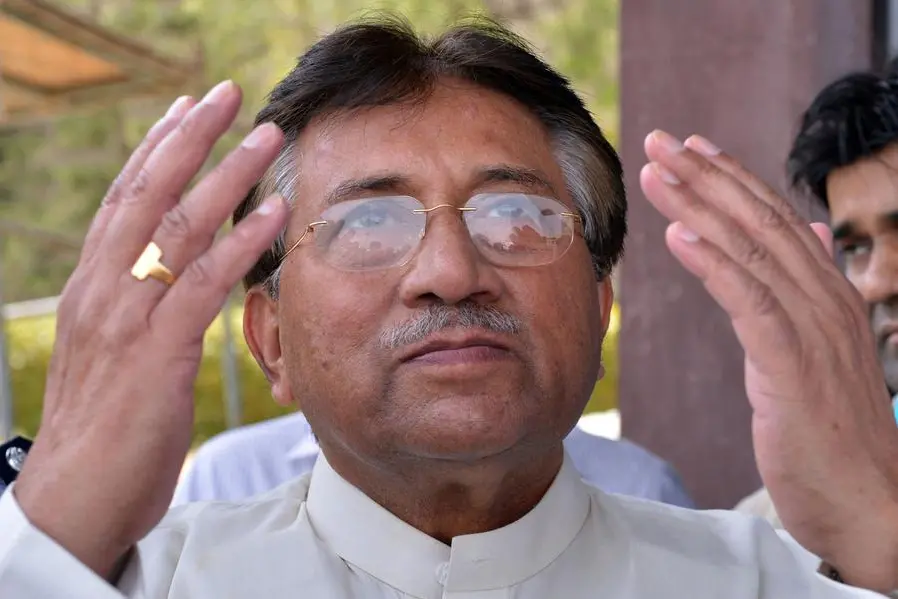PHOTO
The body of Pakistan's exiled former military ruler Pervez Musharraf, who became a key US ally during the "war on terror", is expected to be repatriated on Monday.
Musharraf, who fled Pakistan in 2016 for medical treatment after a travel ban was lifted, died on Sunday aged 79 in Dubai, after a long illness.
Senior officials who asked not to be named said his body would be repatriated on Monday.
The funeral would take place on Tuesday, a military source told AFP, and it was expected he would be buried in Karachi, where his family settled after leaving Old Delhi following the partition of the Indian subcontinent.
Musharraf seized power in a 1999 bloodless coup and was acting simultaneously as Pakistan's army chief, chief executive, and president when the 9/11 attacks on the United States took place.
The general twice suspended the constitution and was accused of rigging a referendum shoring up his power, as well as rampant rights abuses including rounding up opponents during his nearly nine-year rule.
"In the end he left Pakistanis with a deep distaste for direct military rule -- so that even though the military wields much power behind the scenes now, it does not want to be in power directly again," Madiha Afzal, an analyst from the Brookings Institution, told AFP.
Musharraf became Washington's chief regional ally during the invasion of neighbouring Afghanistan in 2001, a decision which put him in the crosshairs of Islamist militants, who made several attempts on his life.
But it also earned Pakistan a huge influx of foreign aid, which bolstered the economy.
In Pakistan, where the military remains supremely powerful and enjoys significant support, Musharraf is a divisive figure.
"There was good in him," 69-year-old Naeem Ul Haq Satti told AFP in an Islamabad marketplace.
"But his one act, which will be remembered throughout history, was he violated the constitution," the retired civil servant added. "The most important thing a country has is its constitution."
Musharraf had been suffering from a rare disease known as amyloidosis and last summer his family said he had no prospect of recovery.
Senior military chiefs "express heartfelt condolences on (the) sad demise of General Pervez Musharraf", a brief statement released by the military's media wing said Sunday.





















